Martial Peak Reviews
In Susan Lute's The Prodigal Brother Returns, readers are invited into a world where the complexities of family dynamics, personal redemption, and the healing power of love intertwine against the backdrop of a picturesque Colorado ranch. This contemporary romance novel explores themes of forgiveness, second chances, and the challenges of moving forward while grappling with the shadows of the past.
The story centers around Blake Lohmen, a widower who has been estranged from his family for sixteen years. The circumstances that led to his departure from the family ranch are shrouded in regret and unresolved issues, making his return both a daunting and necessary journey. Lute does an exceptional job of portraying Blake's internal struggle as he grapples with the weight of his past mistakes while trying to fulfill his obligations to his family. The call to return home is not just a physical journey; it symbolizes a chance for Blake to confront his demons and seek the redemption he has long desired.
Blake's character is richly developed, showcasing his vulnerabilities and strengths. As a children's book author, he embodies creativity and sensitivity, yet his role as a caretaker for his late wife's younger brother adds layers to his character. This duality makes him relatable and complex, allowing readers to empathize with his plight. Lute's portrayal of Blake's emotional turmoil is poignant, and his journey toward reconciliation is both heartwarming and realistic.
On the other side of the narrative is Malorie Harper, a traveling nurse and single mother who is seeking a fresh start after a difficult divorce. Her decision to take a summer job at the ranch is a pivotal moment in her life, representing hope and the possibility of new beginnings. Malorie's character is equally compelling; she is strong-willed, nurturing, and fiercely protective of her twins. Lute crafts Malorie's journey with care, allowing readers to witness her gradual transformation as she learns to open her heart again.
The initial clash between Blake and Malorie sets the stage for a dynamic relationship filled with tension and chemistry. Their first encounter, marked by a chaotic family brawl, is both humorous and revealing, showcasing the unpredictability of life on the ranch. This moment encapsulates the essence of Lute's storytelling—she deftly balances lightheartedness with deeper emotional currents, making the characters' interactions feel authentic and engaging.
As the narrative unfolds, the themes of healing and forgiveness take center stage. Blake's struggle to mend his fractured relationships with his family is mirrored by Malorie's journey toward self-acceptance and love. Lute skillfully weaves these themes throughout the story, creating a tapestry of interconnected lives that resonate with readers. The ranch itself becomes a character in its own right, symbolizing both the burdens of the past and the promise of renewal. The lush Colorado landscape serves as a backdrop for personal growth, reminding readers that beauty can emerge from even the most challenging circumstances.
One of the standout aspects of The Prodigal Brother Returns is Lute's ability to create a vivid sense of place. Her descriptions of the ranch and the surrounding mountains evoke a sense of tranquility and nostalgia, drawing readers into the world she has crafted. The setting not only enhances the romantic elements of the story but also serves as a catalyst for the characters' development. The ranch becomes a sanctuary where Blake and Malorie can confront their fears and ultimately find solace in each other.
The pacing of the novel is well-executed, allowing for moments of tension and reflection to coexist harmoniously. Lute's writing style is accessible and engaging, making it easy for readers to become immersed in the story. The dialogue is natural and often laced with humor, adding depth to the characters' interactions and making their relationships feel genuine.
In terms of character development, both Blake and Malorie undergo significant transformations throughout the story. Blake's journey toward forgiveness is particularly poignant, as he learns to let go of the guilt that has haunted him for years. Malorie's evolution is equally impactful, as she discovers that love is not only possible but also essential for her happiness. Their relationship serves as a testament to the idea that healing often requires vulnerability and the willingness to embrace change.
While The Prodigal Brother Returns stands on its own as a compelling romance, it also invites comparisons to other works in the genre. Readers who enjoy the emotional depth found in novels by authors like Robyn Carr or Kristan Higgins will likely find Lute's storytelling style appealing. The themes of family, love, and personal growth resonate strongly, making it a fitting addition to the contemporary romance landscape.
In conclusion, Susan Lute's The Prodigal Brother Returns is a beautifully crafted tale of redemption, love, and the enduring bonds of family. With its rich character development, evocative setting, and heartfelt themes, the novel offers readers an engaging and emotional journey. Blake and Malorie's story is a reminder that it is never too late to return home, confront the past, and embrace the possibility of a brighter future. This book is sure to resonate with anyone who has ever sought forgiveness or yearned for a second chance at love.
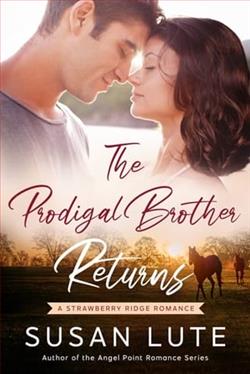




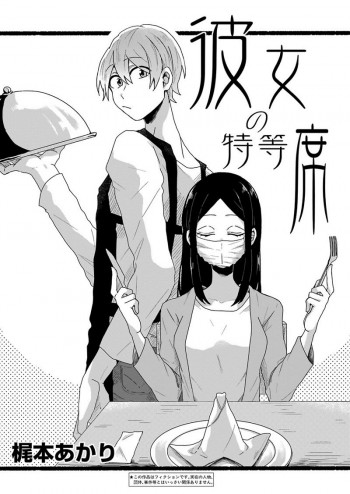

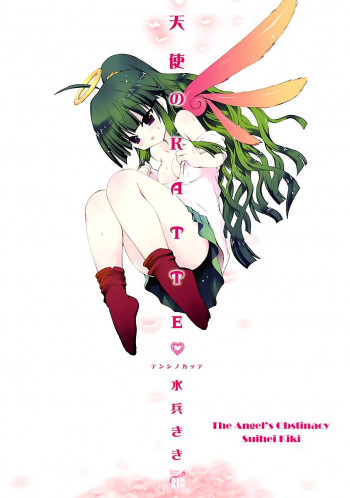
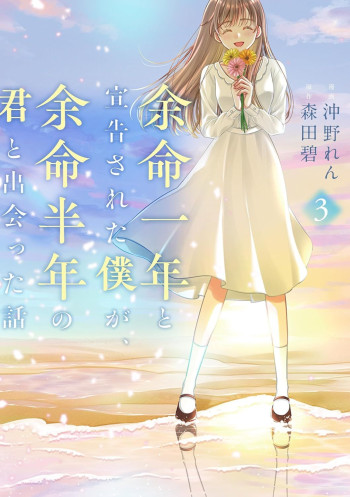
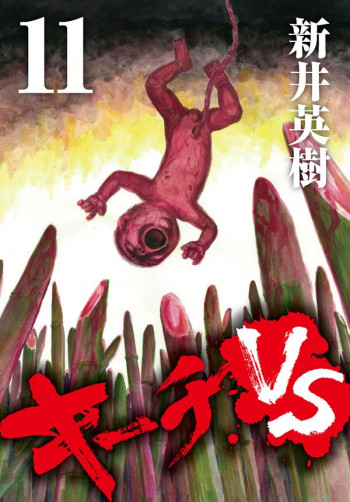

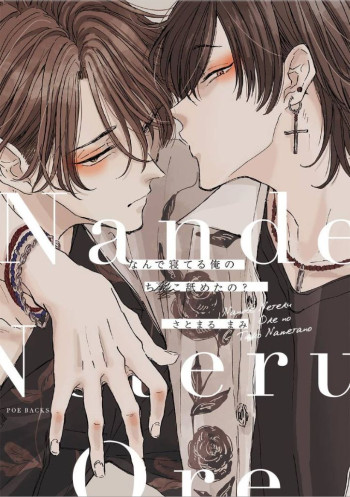
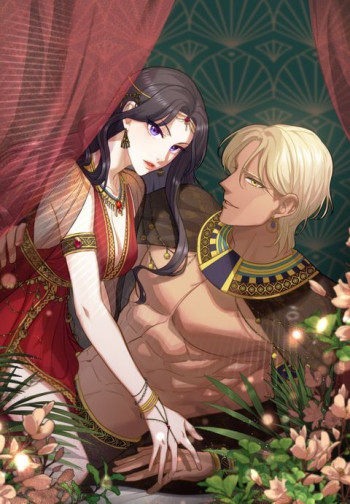











Reviews 0
Post a Reviews: